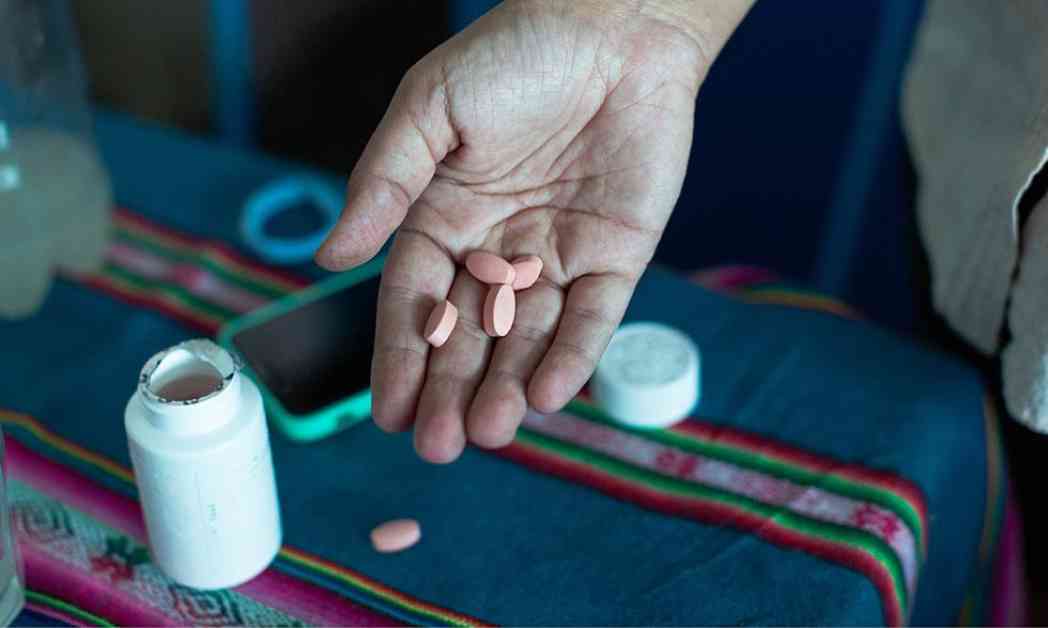HIV research has made significant progress since the 1980s epidemic, allowing people living with HIV to lead long and healthy lives with the right treatment. Antiretroviral therapy (ART) is the primary treatment for HIV, requiring patients to take a combination of medicines for life. However, barriers such as financial constraints can hinder access to this necessary treatment. Recent studies supported by the National Institute of Allergy and Infectious Diseases and the National Institute of Mental Health aim to address these challenges and expand access to ART.
HIV, which stands for human immunodeficiency virus, weakens the immune system by attacking white blood cells essential for fighting infections. This makes individuals with HIV more susceptible to other illnesses and diseases. HIV is the virus that leads to AIDS, or acquired immunodeficiency syndrome, where the immune system becomes too weak to protect the body. While not everyone with HIV develops AIDS, advancements in treatment have made AIDS less common today.
The spread of HIV primarily occurs through unprotected sexual intercourse or sharing needles with an infected person. Other transmission methods exist, but thanks to medical advancements, they have become less common. Pregnant individuals with HIV can pass the virus to their child, but medical interventions have significantly reduced this risk. HIV can affect anyone, but certain groups, such as gay and bisexual men and Black and Latino individuals, are disproportionately impacted.
While a cure for HIV remains elusive, researchers are diligently working on developing an HIV vaccine. In the meantime, ART plays a crucial role in managing HIV by reducing the virus in the body, allowing the immune system to recover and fight infections effectively. Adhering to ART medication is vital, as missing doses can lead to drug resistance and immune system damage.
For individuals facing challenges in adhering to daily ART, long-acting medications show promise in overcoming these barriers. A study in San Francisco involving long-acting ART injections demonstrated positive outcomes, with participants maintaining HIV suppression levels throughout the study period. This approach could benefit individuals with unstable housing, mental health issues, substance use disorders, or legal involvement.
Accessing clinics for ART can be particularly challenging for individuals in rural areas, leading to delays in receiving essential care. A study in South Africa found that delivering ART to patients’ homes resulted in better HIV suppression rates compared to clinic visits. Participants appreciated the convenience of the service, which helped them adhere to their medication regimen consistently.
Overall, ongoing research and initiatives supported by organizations like the National Institutes of Health are crucial in improving access to HIV treatment and enhancing the quality of life for individuals living with HIV. By addressing barriers to care, such as financial constraints and geographical limitations, these efforts are instrumental in the fight against HIV/AIDS and promoting overall well-being within affected communities.

















